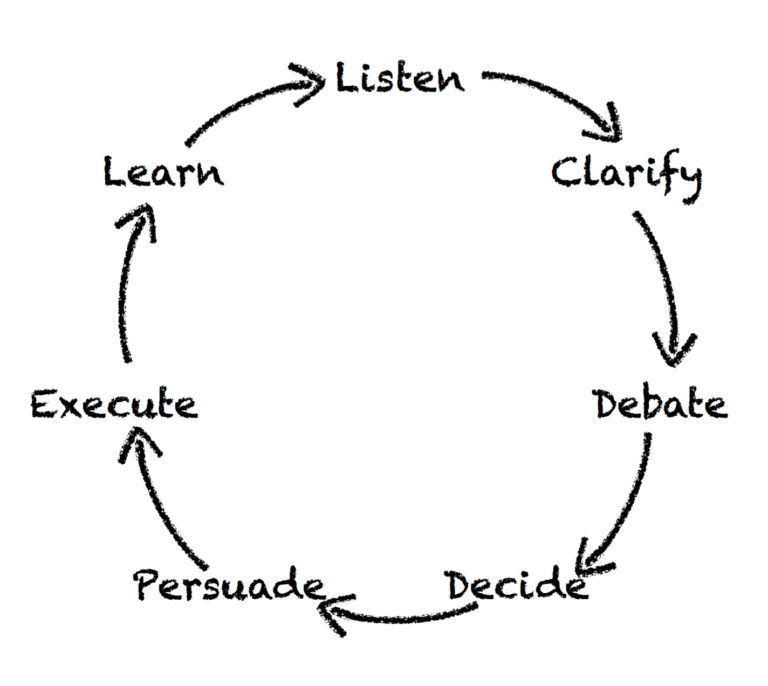Transitioning from Engineer to Engineering Manager

A couple of months ago I moved from a Team Lead position to being an engineering manager at Wizeline Vietnam on a small sized team. I’ve found that this role change comes with a mindset change. Some things that mattered before when I was an individual contributor (writing good code, applying best engineering practices) became less important. On the other hand, new things became more important, e.g. team health, team success and team career growth.
In this post I will summarize what worked well for me during the early phase of this transition.
Now my successes will be usually achieved through others
It’s all about the work behind the scenes to put engineers in position to succeed and highlight their successes, while we stay in the shadow.
Most engineering managers were successful engineers first. Losing that can hurt, but being a manager offers a chance to have a bigger impact, on people’s lives as well. And many managers admit that helping others helps them grow, too.
Mentoring is important
I was working at Wizeline for more than a year when this transition has started. And I believe that a successful manager needs to understand core elements of the company culture and values, including what makes the startup uniquely successful and what steps it needs to take next.
Fortunately, I had a good mentor and time for the onboarding, not all new managers have this opportunity. But it’s very important to get independent advice, from a birds eye view. Besides given mentor within the company, Wizeline also gives me a lot of insight and ideas that are specific to the environment I’m working in. It’s hard to see the effect of mentorship in the short term, but I can say that the fact of having it already gives me additional confidence in what I am doing, and there is always someone who can provide me with regular and candid feedback.
Set goals
One of my roles as an engineering manager is to help engineers to set goals that would grow them professionally. It takes time to understand priorities and goals of people on my team.
I went through 1:1 with everyone on my team. The only person I forgot to do it with was myself, but my manager reminded me that I also should come up with short and long term goals.
Time / task management
I didn’t have too many meetings when I was an individual contributor. As a manager, I do have far more meetings than before, 1:1s, team meetings, etc. But I always put free slots into my calendar every week to be able to digest information I’ve got or simply focus on something.
It’s very important to keep track of your tasks and don’t let them be forgotten. Everyone has their own technique to manage tasks and if something works for me, it doesn’t mean that it’ll work for someone else.
I started experimenting with GSD (Get Shit Done) process and I found out that it already works better for me than ad hoc approach I used when I was an individual contributor.

Start with yourself
Set clear vision, short and long term goals.
Most people find it harder to be humble when they’re mad, hungry or tired. If I’m focusing on my emotions it’s easier to prevent my ego from getting the better result. Ask yourself what you need to stay centered and make sure you do those things and take care of yourself.
If you feel sad it’s maybe better to stay at home for a day and don’t spread your mental illness in the office.
Should Engineering Managers code?
Becoming a manager was a choice. It was easy to convince myself that it was necessary (or at least acceptable) to continue writing code. But…
- You have a new job to master. That requires hard work and a lot of time. Every minute you spend coding is a minute you could have spent reading, talking to peers, etc. to become a better manager.
- The balance of power is no longer the same on your team. People will treat you differently, and that’s a problem. They’ll be less critical in code reviews.
It’s important that engineering managers have software engineering background and have the ability to get their hands dirty if required. But continuing to write code regularly or write code during crunch times actually hurts the team in the long run.
Conclusion
So far, transitioning to engineering manager has been a really interesting and exciting journey. Looking forward to learning more and sharing these learnings along the way.
